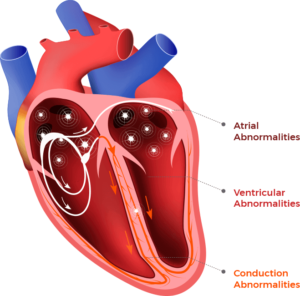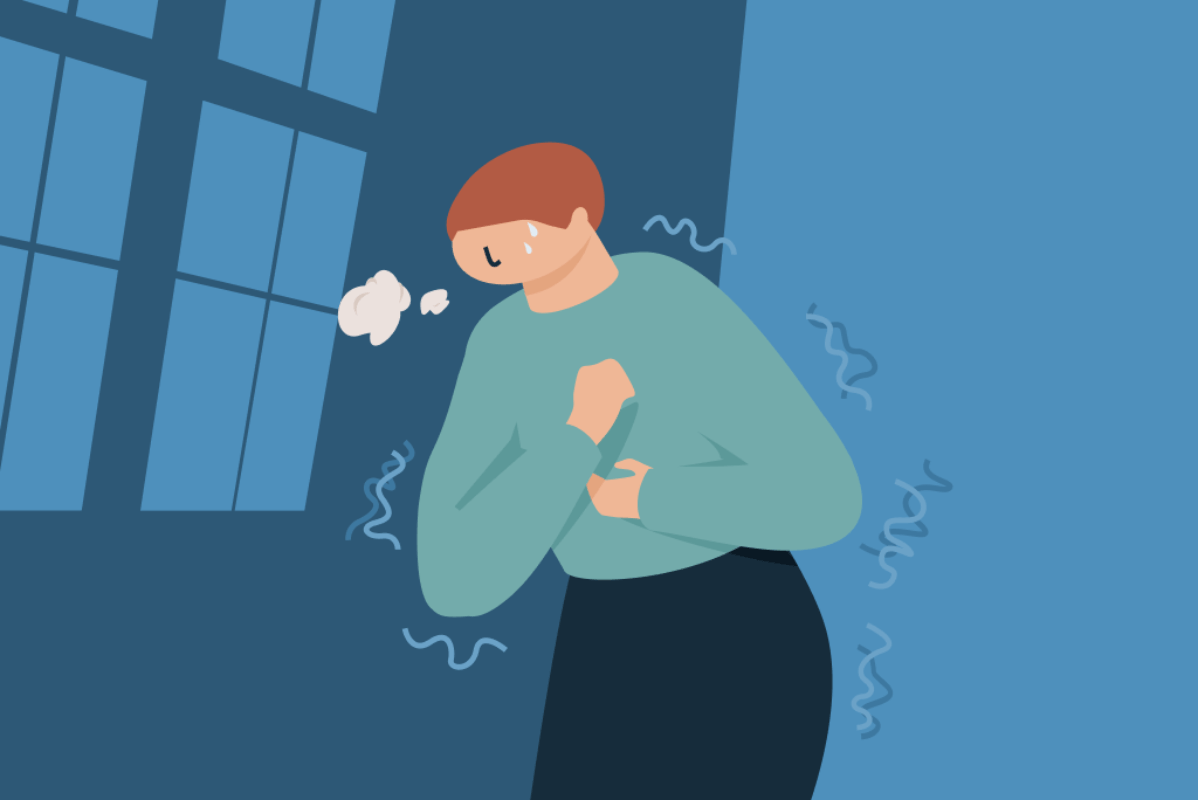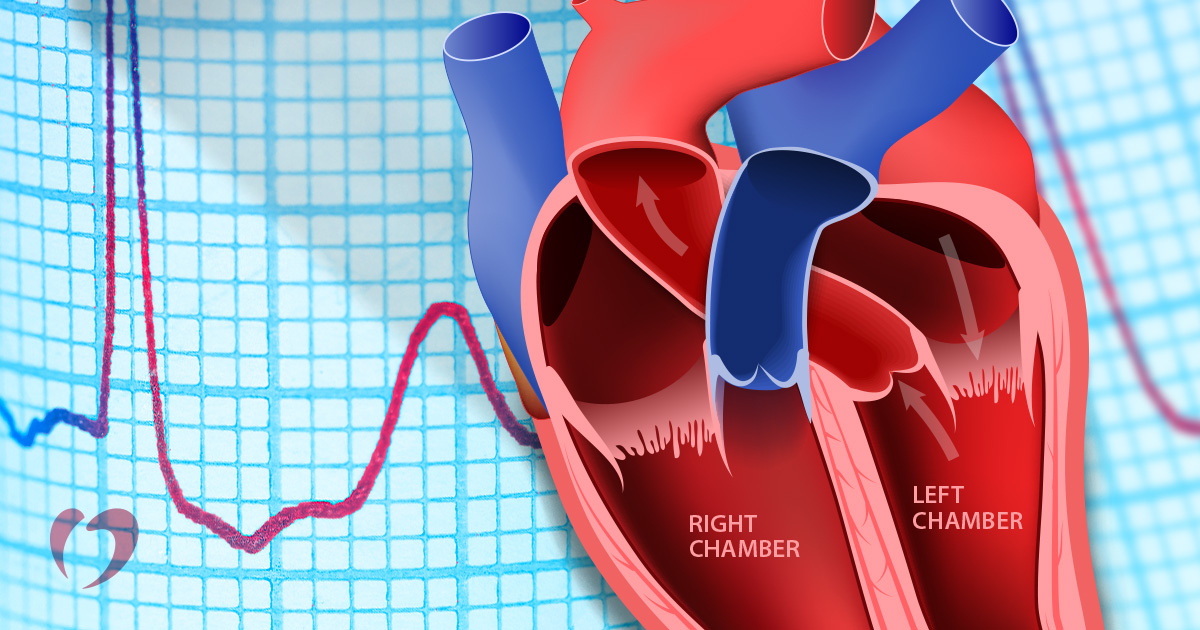Different Types of Heart Diseases – Heart diseases explained:
One of the leading causes of death in India is heart disease. Heart disease can affect anyone, including children. It affects both men and women and people of all races and ethnicity. Because heart disease affects such a large proportion of the population, it is a must that everyone is aware of the facts about heart disease as well as the signs and symptoms to look for.
Heart disease classifications –
Heart disease has many different causes, ranging from genetic factors to lifestyle choices or health events that can affect the heart, such as infection damage. Some pre-existing conditions in the body, such as high blood pressure, high cholesterol, and diabetes, may increase an individual’s risk of developing heart disease. Whatever the cause, it’s a good idea to be aware of the signs and symptoms of the various types of heart disease so that any potential problems can be identified and treated as soon as possible. Some of the most common types of heart disease are as follows.
Coronary artery disease (CAD)
Coronary artery disease is a condition that affects the blood vessels in the heart. The arteries surrounding the heart, like the pipes in our homes, can develop a build up of plaque that narrows the passage. This narrowing can sometimes result in a complete blockage, preventing blood flow to specific parts of the heart and potentially leading to a heart attack. While coronary artery disease is frequently discovered after a heart attack, we should be aware of signs of coronary artery disease that can lead to early diagnosis, treatment, and prevention.

The signs and symptoms of coronary artery disease are as follows:
- Chest pain, tightness, pressure, or discomfort in Chest (also known as angina)
- Breathing difficulty
- Neck, jaw, throat, or back pain
- Nausea (typically specific to women)
- Extreme exhaustion (typically specific to women)
Arrhythmias
Arrhythmias are heart problems that affect the speed and rhythm of the heartbeat. Arrhythmias are conditions in which the heart beats too slowly, too quickly, or irregularly.. If the heart’s rhythm is erratic, the heart may not have enough force to send blood to the rest of the body.

Arrhythmia signs and symptoms include:
- Fluttering’ sensation in the chest
- The heartbeat is racing (tachycardia)
- Heart rate is slow (bradycardia)
- Pain or discomfort in the chest
- Breathing difficulty
- Feeling dizzy or lightheaded
- Loss of consciousness or passing out
Diseases of the heart valves and the structural heart Disease
The heart has four valves that assist it in pumping efficiently; structural heart disease refers to conditions that affect these valves or the heart tissue. Many structural heart diseases are congenital, meaning they existed at birth. Some structural heart disease can manifest themselves later in life. When the valves or heart tissues fail to function properly, blood cannot flow through the heart and out to the rest of the body. Blood, for example, can become stuck in the chambers of the heart and begin to clot, putting a person at risk of a stroke.
Heart valve and structural heart disease symptoms include:
- Fatigue
- Shortness of breath, especially when moving or lying down
- Heartbeat irregularity
- Foot or ankle swelling
- When using a stethoscope, a fainting abnormal sound (heart murmur) is heard.
- Whatever the symptoms, if you suspect you are experiencing any of the above, you should seek immediate medical attention for diagnosis and treatment.
Heart attack – Heart Failure
Heart failure occurs when your heart is unable to pump enough blood to meet your body’s needs. This is usually due to your heart muscle being too weak to “squeeze” out enough blood with each beat. According to Best Heart Failure Doctor in Delhi Dr Naresh Goyal , on the other hand, can occur when your heart becomes stiff and unable to fill with blood efficiently between each beat.
Heart failure is most common in older people, but it can occur at any age. It’s a serious condition that’s also very common. Many people with heart failure live full and active lives for many years after being diagnosed.
Initial damage weakens the heart muscle in many cases of heart failure. As a result, your heart beats faster and expands (stretches or thickens). The heart muscle deteriorates over time.
The symptoms of heart failure differ depending on the type of heart failure you have. According to Heart Failure Doctor in Delhi Typical symptoms include:
- Breathing difficulty
- Cough
- Feeling exhausted and weak.
- Gaining weight (from fluid buildup)
- Ankles, feet, belly, lower back, and fingers that are swollen.
- Puffy or swollen skin around the eyes
- Having difficulty concentrating or remembering
Although the primary cause of heart failure (heart muscle damage and weakness) cannot be cured, symptoms can be effectively managed. As per the experience of Best cardiologist doctor in Delhi Treatment and self-care can help keep your symptoms from worsening.




